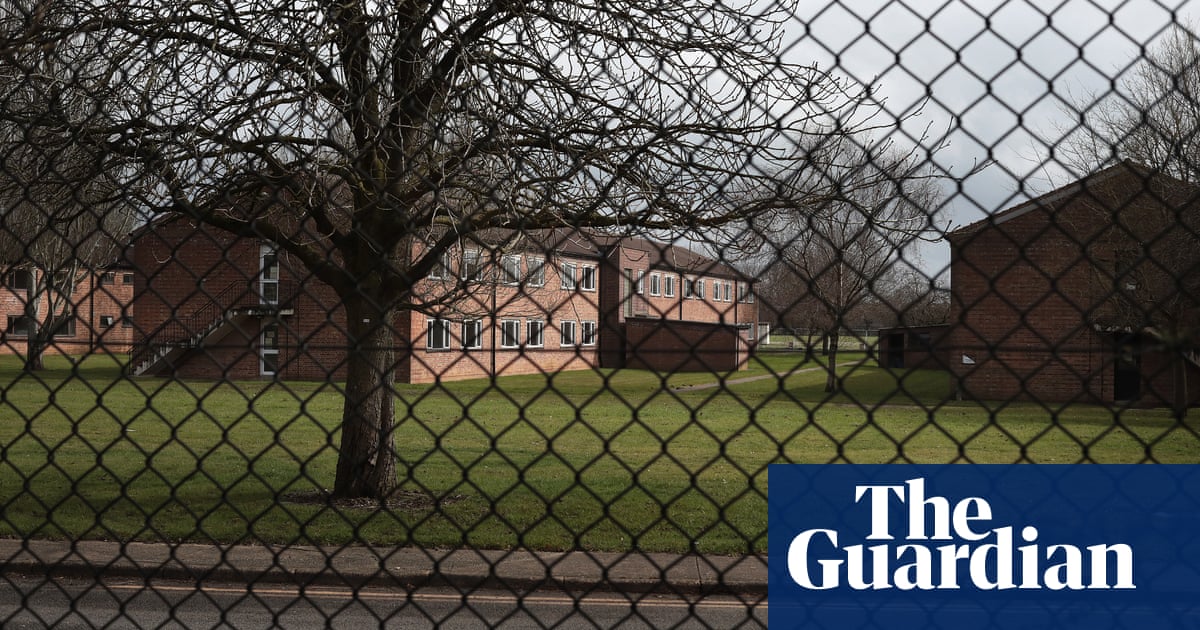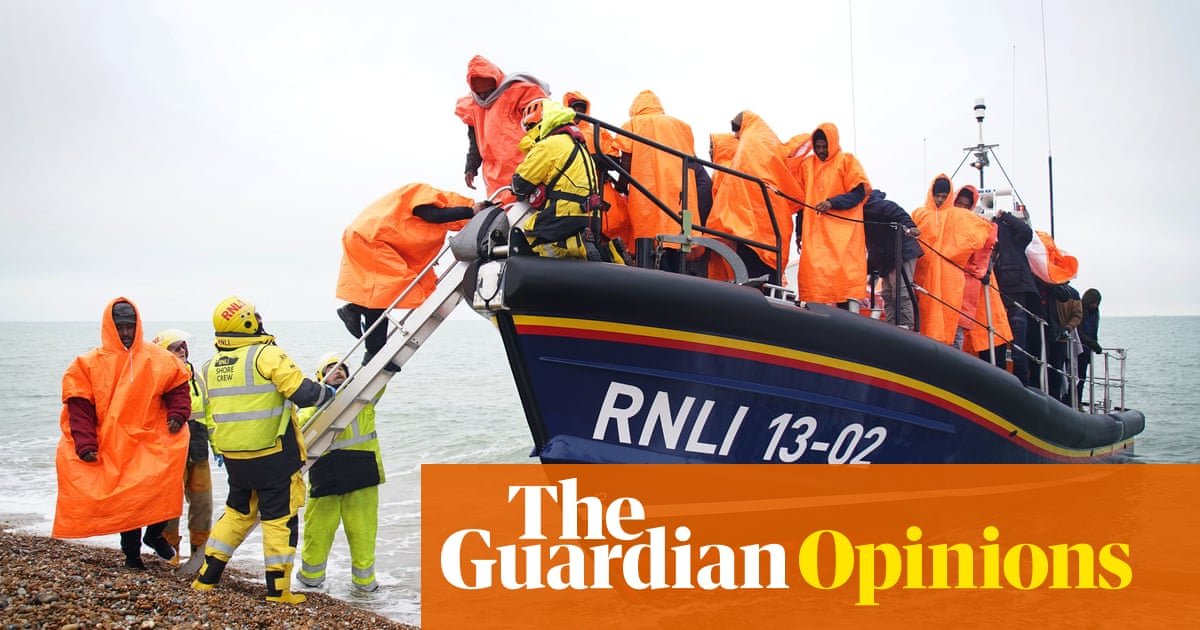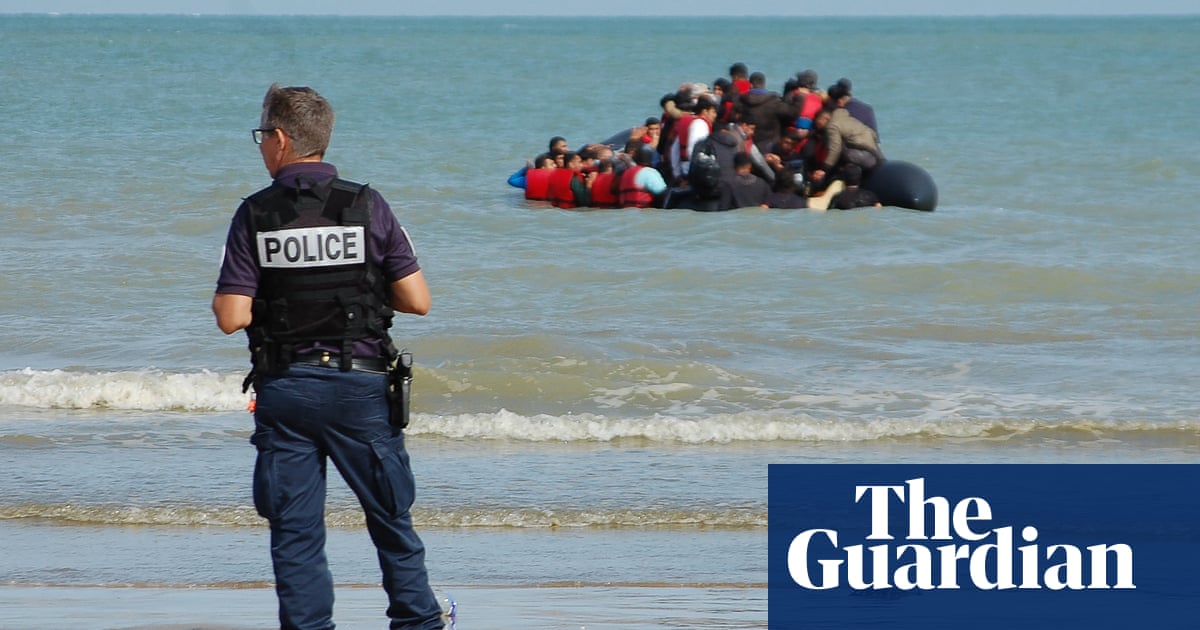
Conservative MPs have joined unions and refugee groups in condemning a £63m deal signed by Suella Braverman with her French counterpart to reduce the number of people attempting to cross the Channel in small boats.
Natalie Elphicke, the member for Dover, and Tim Loughton, a senior home affairs select committee member, questioned whether the bilateral agreement will do enough to address a surge of new arrivals after it failed to establish joint patrols or guarantee that people smugglers are detained.
The deal’s lukewarm reception followed Rishi Sunak claiming he was “confident” that the number of Channel crossings would fall but refusing to guarantee it would happen next year.
Elphicke said the agreement “falls short” of what is needed to save lives.
“It doesn’t match the scale or urgency of the small boats crisis, or the increased risk of loss of life as winter approaches,” she said. “What’s needed is a step change in approach, with joint border patrols and a Channel-wide joint security zone.”
Former minister Loughton suggested the government’s deal with France amounted to “throwing good money after bad”.
Addressing Braverman, the home secretary, in the House of Commons, he said: “Can you confirm that there is nothing in this agreement today which obliges the French police to detain and arrest anybody they intercept, so that they are free to come back the following night and try again, in which case are we not throwing good money after bad?”
Braverman said she disagreed.
Sunak’s government signed a deal with France on Monday morning to increase cooperation over asylum seekers and migrants, with UK officers joining a programme of French beach patrols.
The arrangement promised a 40% increase in the number of patrols to try to detect small boats about to make the voyage from France. It will be the first time UK personnel have taken part.
It also includes extra investment in port infrastructure in France, the use of technology to detect crossings, such as drones, and greater cross-Europe cooperation.
The deal, which is the fourth UK-France Channel deal in three years, has fallen short of giving UK officers the power to patrol in France, only giving them the right to observe.
It also contains no guarantees that those stopped trying to cross the Channel will be detained, a demand of many Tory backbenchers. There is also no “returns agreement”, which ministers said was part of talks with the French government.
Kevin Mills, a PCS union representative for Border Force staff in Kent, said there seemed to be no plan to reduce the tens of thousands of people arriving on French shores who wished to come to the UK.
“This deal is not enough and the lack of detail is telling. If you stop thousands today and let most of them go, how many are just going to try again tomorrow? There is no plan as far as I can see,” he said.
Lucy Moreton, from the Union for Borders, Immigration and Customs (ISU), said the deal did not address the “sticking points” keeping numbers high, such as the reluctance of the French authorities to arrest and detain those caught trying to cross.
She told Times Radio that stopping people crossing to “just let them go to try again” would not have the required impact.
Enver Solomon, head of the Refugee Council, said the deal failed to address the factors driving men, women and children to take dangerous journeys to reach the UK, and the fact that a majority of those trying to cross were later found to have a legitimate asylum claim.
The latest effort aimed at tackling the surge in small boat crossings comes as the number of people arriving on the south coast topped 40,000 for the year so far.
Government figures show that 972 people arrived in 22 boats on Saturday, followed by 853 people in 26 boats on Sunday, taking the provisional total for the year so far to 41,729. Total crossings last year were 28,526.
Border Force staff told the Guardian there were “real concerns” that the numbers being sent to Manston processing centre would again force the Home Office to breach the law and leave the government and individual officers open to legal action.
One said: “We are being asked once again to act illegally and outside our remit. The conditions in Manston are still horrendous and are only going to get worse.”
Sunak, who has come under intense pressure from Conservative MPs to reduce the number of unofficial crossings into the UK, told reporters he believed voters’ biggest policy priority was for him to “grip” the issue.
Speaking after he arrived in Bali, Indonesia, where he is attending a G20 summit, the prime minister said: “I’m confident that we can get the numbers down. But I also want to be honest with people that it isn’t a single thing that will magically solve this. We can’t do it overnight.”
The accord, signed by Braverman and her French counterpart, Gérald Darmanin, also promises better information sharing between the countries and efforts to provide information in France to would-be Channel crossers about other options.
The UK already cooperates with France over efforts to reduce the number of crossings – the two countries agreed a deal last year in which Britain paid £55m to France to help fund measures in 2021-22.












